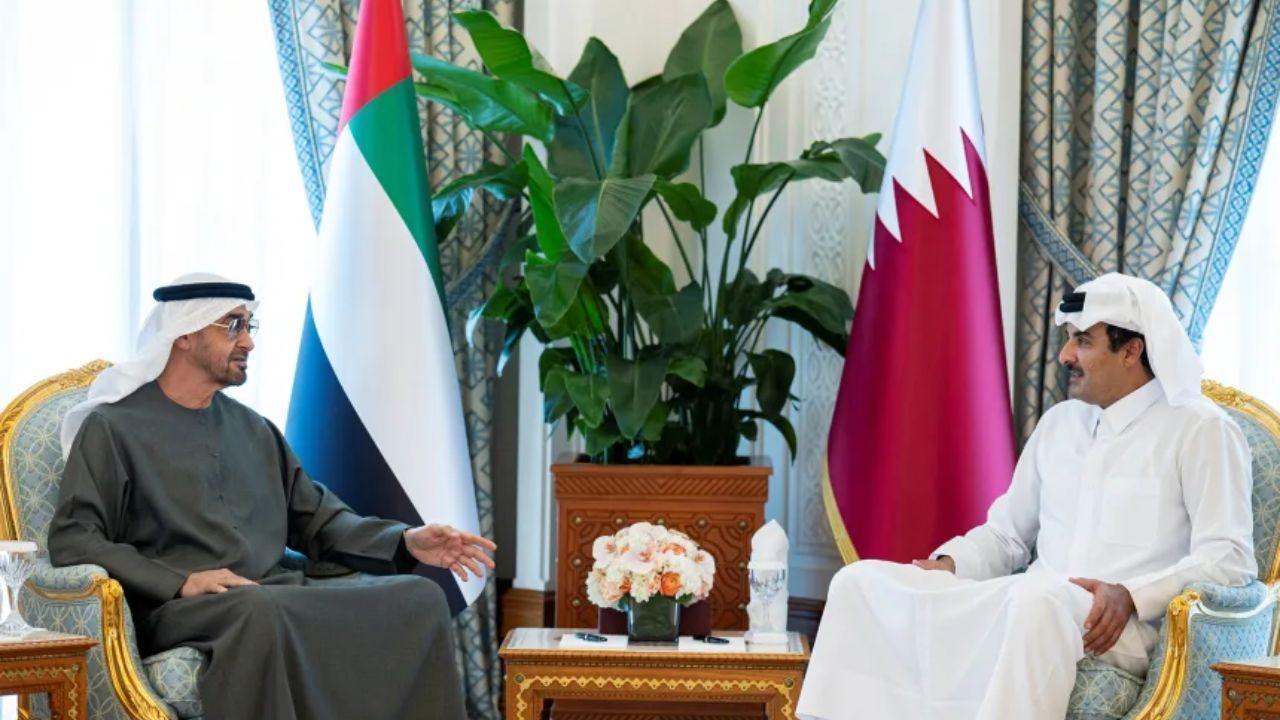
Post by :
Photo:Reuters
For many years, the wealthy Gulf countries have been seen as safe and stable places in the Middle East. Cities like Doha, Abu Dhabi, and Riyadh grew quickly, attracting millions of foreign workers who wanted jobs and a tax-free lifestyle. These nations became symbols of economic success and peace in a region often troubled by conflict.
However, in 2025, this sense of safety was shaken. For the first time, a Gulf country was directly attacked by two powerful nations in the region. In June, Iran hit a U.S. airbase in Qatar after the United States conducted strikes on Iranian nuclear sites. Then, this week, Israel launched a military strike in Qatar, targeting the political leaders of Hamas. The attack hit buildings in Doha housing members of Hamas’ political bureau, leaving damage visible across the city.
This has caused concern across the Gulf. Although the fighting in Gaza started almost two years ago and is far from the Gulf region, the violence is now moving closer to their borders. Qatar, which has few options to fight back militarily, promised a collective regional response. The country’s Prime Minister said they are consulting with neighboring nations, and a decision will likely be announced at a regional Arab and Islamic summit in Doha this weekend.
The first strong reaction came from the United Arab Emirates, which has close ties with Israel. The UAE President visited Doha less than 24 hours after the strike to discuss a response. The UAE also formally protested the attack by summoning an Israeli diplomat and calling it “blatant and cowardly.” Experts believe Gulf countries will want to show unity and try to prevent any future attacks, but they face challenges because their options are limited.
Diplomatic steps are already being considered. The UAE could reduce its diplomatic relations with Israel or limit its participation in the Abraham Accords, the normalization agreement signed in the last decade between Israel and several Arab nations. Even before the strike, the UAE had expressed concern over Israel’s plans in the West Bank, calling certain actions a “red line.”
Qatar is also taking legal steps. It succeeded in getting a unanimous statement from the United Nations Security Council condemning Israel’s strike. Analysts say Gulf nations could start taking a more active role in international legal cases against Israel, which would be a new development for the region.
Another possible response could be for Qatar to step back from acting as a mediator between the U.S. and countries it has disputes with. The Gulf states also share mutual defense agreements. One option is to activate and strengthen the “Peninsula Shield Force,” a military pact established decades ago to protect Gulf nations. This could include creating a unified command, improving air and missile defenses, and building independent defense capabilities.
Many Gulf countries rely heavily on U.S. military equipment and host American bases. But after these attacks, they may look to strengthen their defense capabilities or demand more concrete security guarantees from the U.S. They could even discuss accountability when they feel U.S. promises are unclear or not fulfilled.
Economic tools are another area where Gulf states could respond. They control enormous wealth through sovereign investment funds. These funds could be used to boycott Israeli businesses or limit trade. In past years, Gulf nations pledged trillions of dollars in investments to the U.S., and their sense of security is important for these investments. Experts warn that if the Gulf feels threatened by Israel, the funds could be redirected to ensure regional security or to seek better returns elsewhere.
Overall, the attack on Hamas leaders in Qatar has shaken the Gulf countries. It has highlighted their vulnerabilities, even in a region traditionally seen as stable and prosperous. The coming weeks may show whether the Gulf nations can respond together through diplomacy, law, military coordination, and economic measures.
This development could mark a significant shift in the Gulf’s approach to regional security, international law, and their relationships with major global powers, including the U.S. and Israel.
Gulf security, Israel strike, Hamas Qatar, Qatar response

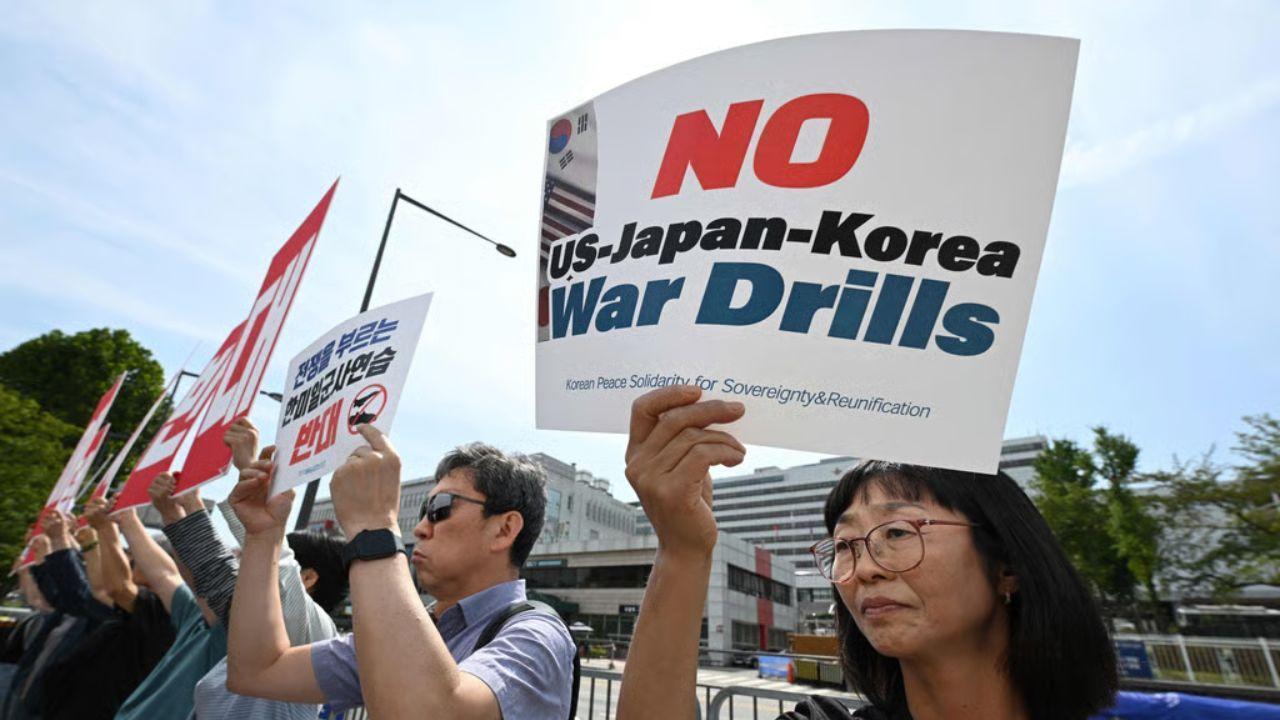
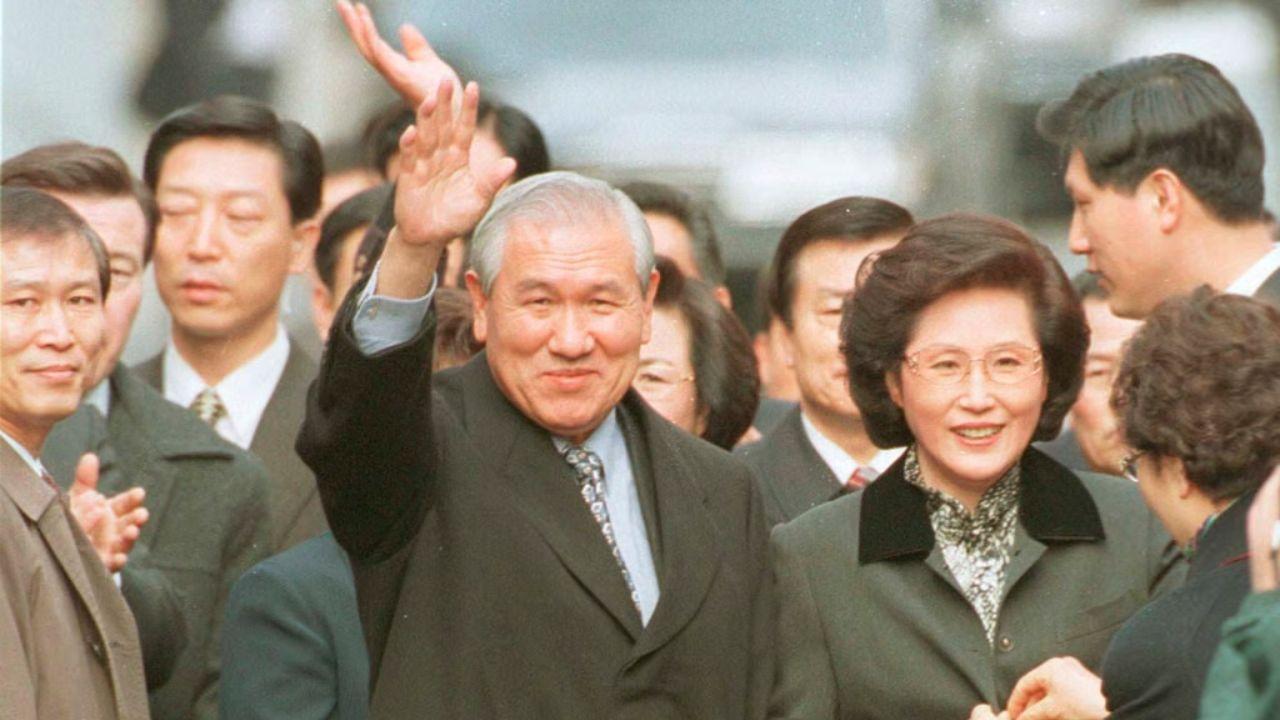


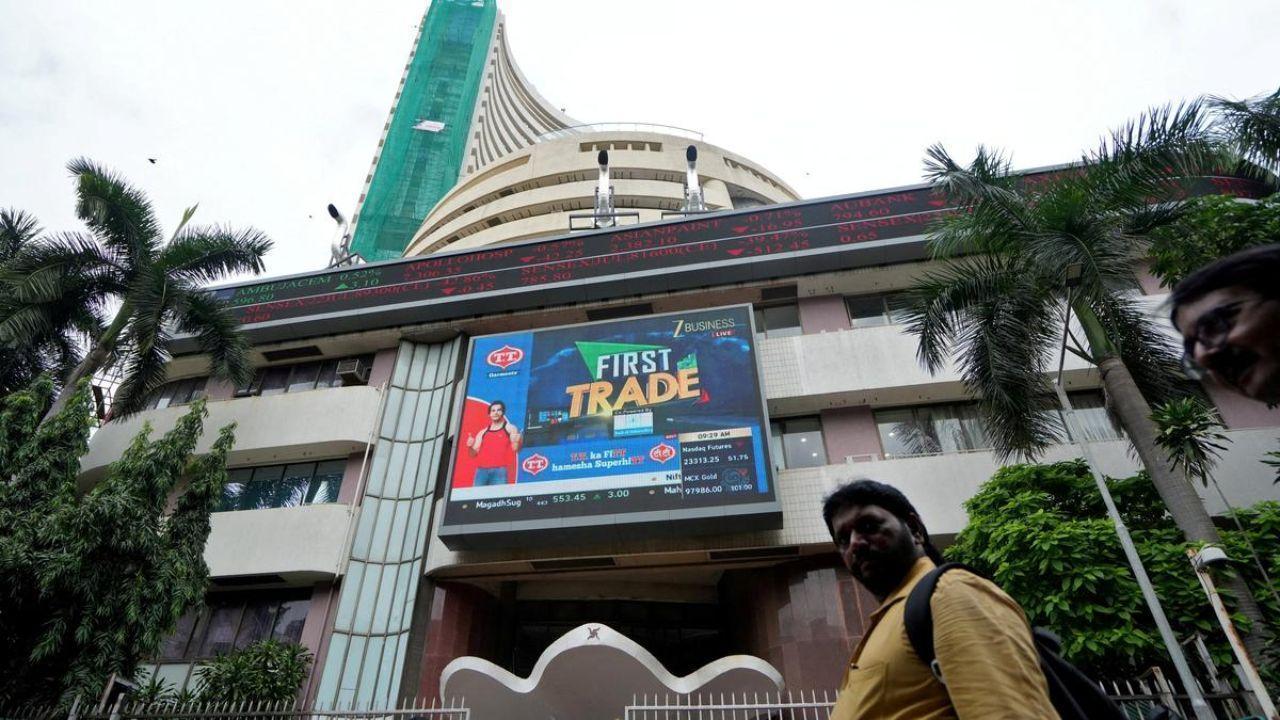


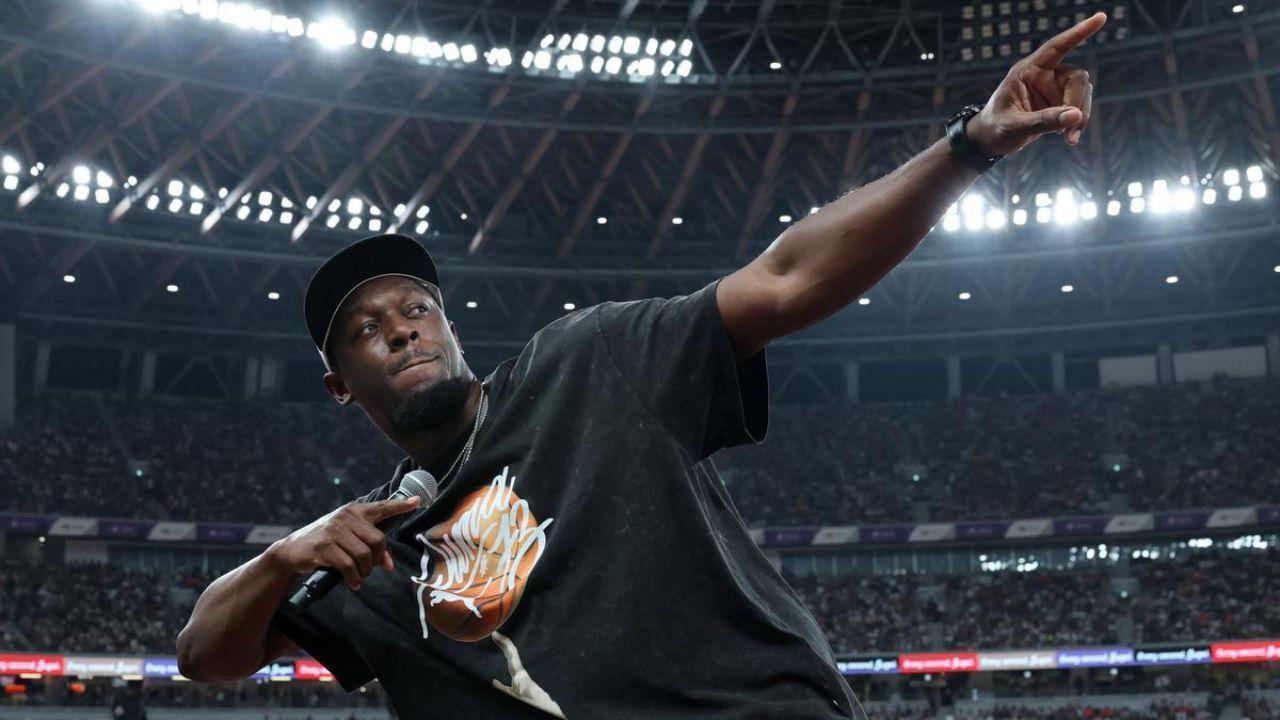

Xpeng Starts EV Production in Austria Boosting Europe Expansion
Xpeng begins assembling its electric SUVs in Austria to bypass EU tariffs, compete locally, and stre

China investigates Nvidia over antitrust law
China launches probe into Nvidia for violating antitrust law and Mellanox acquisition terms amid US-

Sensex and Nifty Show Volatile Trade Amid Profit-Taking
Indian stock markets opened higher but later became volatile, tracking global cues as investors awai

US-China Close to TikTok Deal as Trade Talks Resume in Madrid
US and China resume talks in Madrid to resolve TikTok, trade, and tariffs issues, with progress on d

Siraj and Prendergast Named ICC Players of the Month for August
India’s Siraj and Ireland’s Prendergast win ICC Player of the Month for August after outstanding per

Usain Bolt Returns to World Stage Inspires Fans and Young Sprinters
Eight years after retiring, Usain Bolt returns to world track events, inspiring fans, setting record